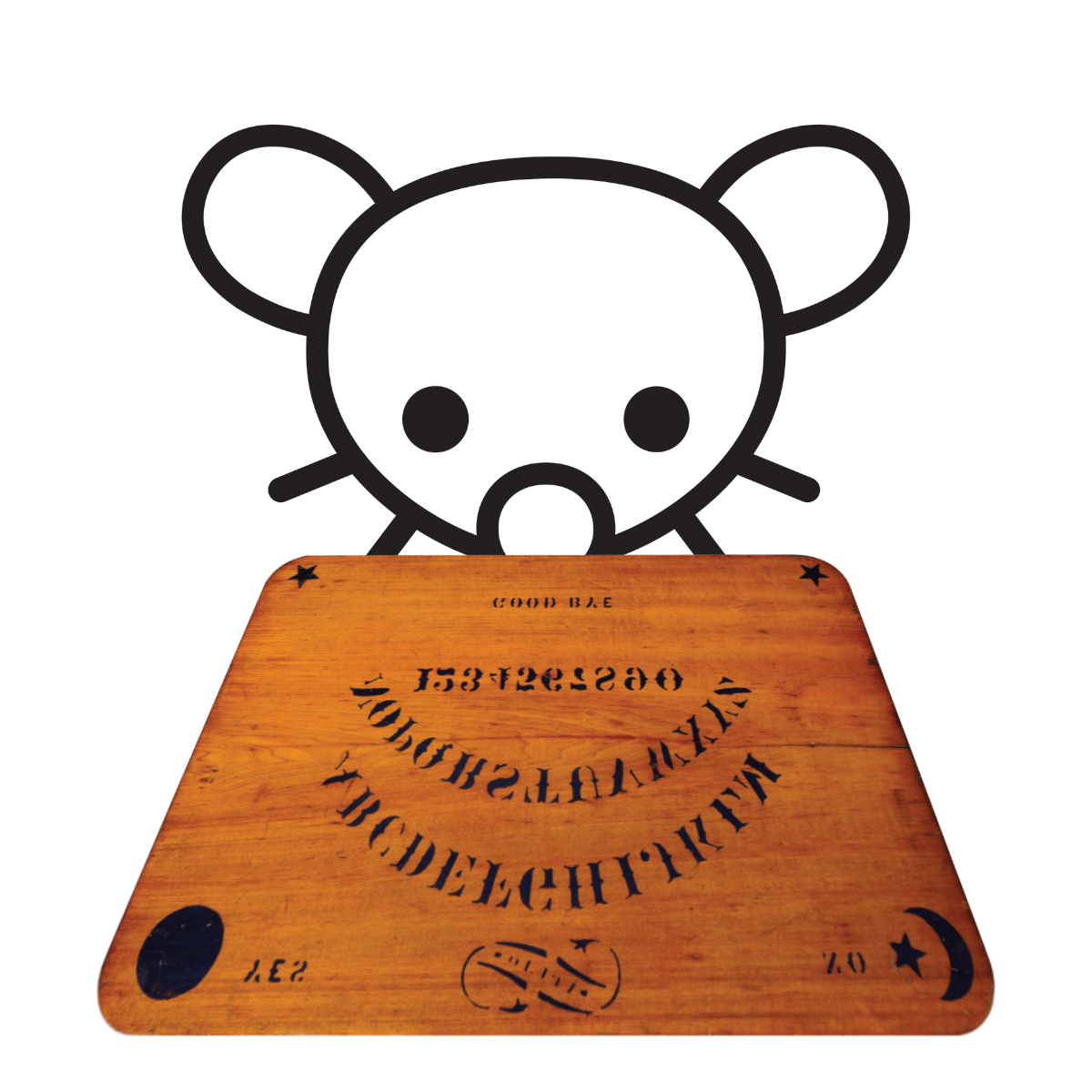- 9 Posts
- 399 Comments
The idea is that nothing in this version matters, the whole point is to secretly approximate the shapes of the original loss comic

 1·6 days ago
1·6 days agoMy memory is pretty hazy but the cheat application emulated the process that teachers used to do a system reset.
Iirc, it let you press menu, select reset, confirm, and showed the (fake) confirmation screen.
Also IIRC, you had to install it from Mirage OS, which I don’t think was an OS (?) but rather an app that everyone had to play games from.
I remember
touch

 6·8 days ago
6·8 days agoThey did that here too, but students would use a cheat program that made it look like teachers were resetting it, but really the memory was safe
Girl so hot, hot hot girl, …
What more can I say

 1·12 days ago
1·12 days agoScreen is great! My favorite though is
byobu, a pretty screen

 1·12 days ago
1·12 days agoYes, I do have a science background, which is why I love thinking about how a cup of water is full of molecules :)
Speaking only for myself, I understand that ‘water’ might not be a countable noun, but that doesn’t make the underlying thing we call “water” uncountable as a real, tangible thing, and that was what I was trying to convey.
It seems like people might reasonably disagree about whether something is physically countable or not, but it was deeper than linguistics for me.
You might appreciate this: although a lot of scientists don’t like people calling insects “bugs,” I love how so many languages have a word for “small creepy-crawly animal” and I highly endorse the popular usage of bugs to include spiders, roly-polies, insects, etc. For this, I don’t get why some biologists insist on applying the specialist description of living things to the semantic (?) grouping. Maybe you would put ‘countable’ in that category too. But to me, the idea that water is molecules makes it countable at a deep level, regardless of how our language talks about it.
I’m going to look up and learn more about countable/mass nouns now – sorry to start out as part of that annoying group. Thanks for the thread :)

 1·12 days ago
1·12 days agoIt looks like we are not going to agree on what makes something countable, but I did appreciate the exchange.
Mathematicians talk about “countable infinity” and “uncountable infinity”. The integers are countable, 1, 2, 3, … forever. There is no way to count them all. But they can be counted.
Compare that to uncountable infinity: there are more Real Numbers in the uncountable infinity of fractions between 0 and 1 than in the entire countable infinity of the integers! Because they are not discrete like the integers. Discrete is not the right word. I’m not a mathematician. They’re not countable.
In both of these cases, no human can count them all. But the countable infinity can be counted. Just like the water in the ocean, or the sand on the beach. God could count them, for instance.
In the end, we’re using the word countable differently. We might have different worldviews about the nature of water and its importance. I’m ok with that :)
Is there a minimum system requirements? I have bare metal nextcloud on a raspi 4, 4 GB ram, and it’s pretty snappy.
I would consider migrating to the AIO version for more stability but IDK what toll the virtualization would take.

 1·12 days ago
1·12 days agoThe only ones I’ve seen are kind of not that psyched to be on Mastodon always, like Technology Connections.

 5·12 days ago
5·12 days agoIsn’t this called “begging the question” if your question contains an assumption that is not a given?

 11·12 days ago
11·12 days agoOne correction to my previous reply: water and water are not homonyms like you said, it is one word with multiple ways to use it. On to your next question.
Outside of lab equipment, you could measure your water in many easy ways: for example in the Die Hard movie they had to measure water.
Just because it is harder to arrive at a number of atoms doesn’t mean that water isn’t countable. It’s also difficult to count the grains of sand on a beach! Water is countable! And is was a big scientific breakthrough when this was discovered! That’s why I’m trying to hard to correct your misconception.
The easiest way to get the number of water molecules without a lab would be with just one measurement: a simple measuring cup. From knowing the volume of water, you can get its mass from the density, which we can estimate as 1 g/mL . From grams, divide by the molar mass of water, which you can find online: 18.01528 g/mol. This gives you an approximation of how many water molecules are in your sample! And all you had to do was use a measuring cup, look up a reference value, and do a calculation. That’s pretty cool, and before 1776 and Amedeo Avogadro, no one knew you could count water this way. It is a discreet quanta, but before this, no one knew. That is the point!
Did you know light is also countable in this way? There are some chemical reactions that use photons as reagents in the chemical equation. If you know the output of a standardized halogen bulb, and shine it for a known amount of time, you can know, within the limits of your uncertainties, how many photons you sent into your sample. That’s also pretty amazing!
You say “when people are pouring water into glasses, they aren’t thinking about moles”, and I’ll agree with that. But just like when you’re walking on the beach, you’re not thinking about the number of grains of sand, they’re still countable. Or when you climb the stairs, you don’t usually count how many you took. But you can! And water is just as countable as these, at a fundamental level. Even if the molecules are very small, they are distinct, discrete, quantized.
So even if language doesn’t treat water as a countable thing, even if the word “water,” in that specific usage, isn’t used for counting, fundamentally, water is countable. Just like air. And light. And grains of sand, or trees in a forest.

 1·13 days ago
1·13 days agoI am really confused why you think you can’t count how much water is in your glass? Can you explain that?

 1·13 days ago
1·13 days agoI think you’re too rigid with your definitions. I just showed you an example of where water, usually not countable, is used in a plural form in real world usage.
Regardless of whether the noun is countable, the thing itself (water, air) absolutely is countable, i.e., comes in discrete measurable amounts, which is the more important issue here.

 11·13 days ago
11·13 days agoLanguage is a flexible thing. I heard this in a children’s game of tag, “Octopi, Octopi, can I cross your waters?”
And you can count air too, either by volume or amount of molecules.

 11·13 days ago
11·13 days agoThey are indeed… Where did the whole “if two bike lanes converge” question come from??
I was going to make the same joke.
“Fewer. I mean more. More bike lanes.”

 11·13 days ago
11·13 days agoNo, water is countable. Unfortunately you are incorrect.
EDIT: the word “water” isn’t usually made plural, but water the substance can absolutely be measured and counted.




If you already have a raspberry pi, there are some neat $20-$30 gadgets